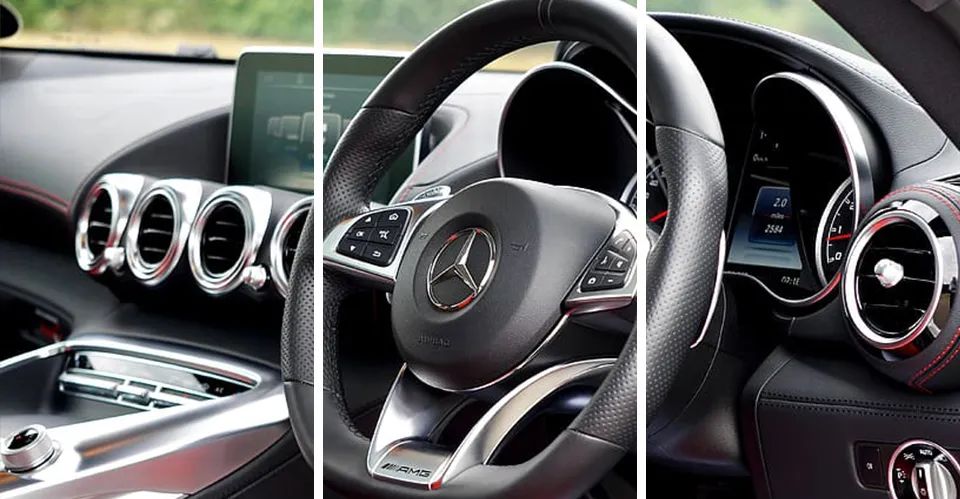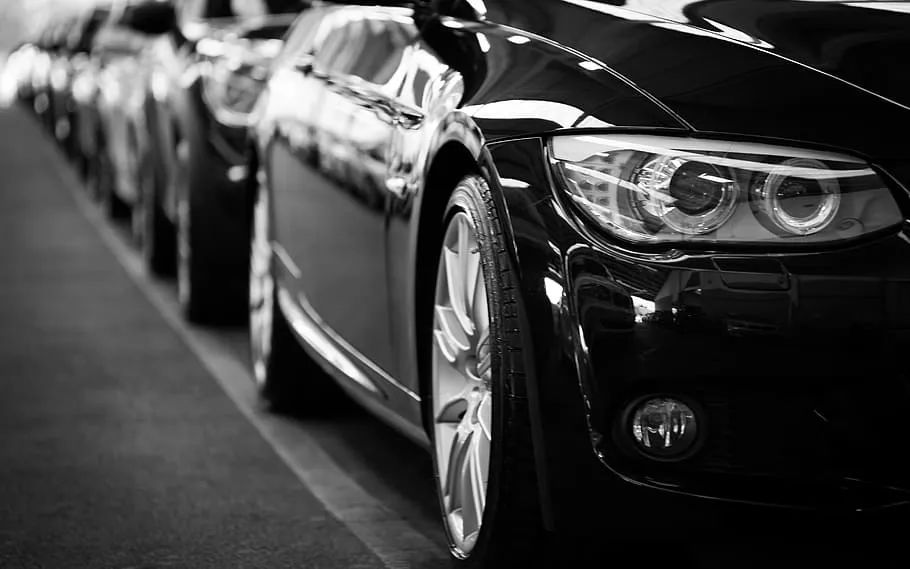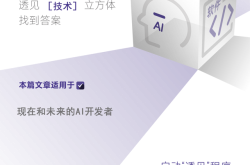Will Daimler's Greater China Region, Led by Thomas Weber, Face Further Challenges?
![]() 12/20 2024
12/20 2024
![]() 461
461
Omni-media matrix distribution, encompassing the full industrial chain of automotive and digital products

Thomas Weber's oversight of China, Mercedes-Benz's largest single market, underscores his internal recognition. However, he may now be confronted with the most challenging situation Mercedes-Benz has faced since entering the Chinese market.
By / Li Yue
Produced by / Jieche Technology
On December 11, Mercedes-Benz announced that Tang Shikai, a member of its board of directors responsible for Greater China operations, would retire on July 31, 2025. From February 1, 2025, he will serve as a special representative for China affairs, promoting a comprehensive transformation of the company's business system in its largest global market while ensuring a smooth transition with his successor.
Succeeding Tang Shikai will be Thomas Weber, currently head of product strategy and planning at Mercedes-Benz. Effective February 1, 2025, Weber will join the board of directors, assuming Tang Shikai's responsibilities. As one of Mercedes-Benz passenger car product development's key managers, Weber has led the successful planning of the brand's entire future model lineup through the 2030s.
Managing China, Mercedes-Benz's largest market, attests to Weber's internal recognition. However, he may soon encounter the most severe challenges Mercedes-Benz has faced in China.
1
A Turbulent Year for Mercedes-Benz in China, 2024
Despite 2024 not yet concluding, Mercedes-Benz sales in China have notably declined, based on previously released statistics. According to Mercedes-Benz, the company sold 503,600 vehicles globally in Q3 2024, a 1% decrease from the previous year. Pure electric vehicle sales reached 42,500, a 31% year-on-year drop. In China, Mercedes-Benz sold 170,700 vehicles in Q3, a 13% decrease. For the first three quarters, sales totaled 512,200 vehicles, a 10.2% year-on-year decline.
This sales decline significantly impacted revenue. In Q3, Mercedes-Benz's operating revenue was €34.528 billion, a 6.7% year-on-year decrease; earnings before interest and taxes (EBIT) were €2.517 billion, down 48%; and net profit was €1.719 billion, a 53.8% year-on-year drop. For the first three quarters, cumulative operating revenue was €107.144 billion, a 4.7% year-on-year decrease; EBIT was €10.417 billion, down 32.1%; and net profit was €7.806 billion, a 31.4% year-on-year decline.
Mercedes-Benz attributes this performance decline to factors such as product mix adjustments, increased costs for model modifications, intensified competition in the Chinese market, and higher subsidies to Chinese dealers. However, it cannot be overlooked that Mercedes-Benz's product competitiveness has waned, and the brand has failed to demonstrate a technological lead in electrification and intelligence.
2
Five Years, $10.5 Billion
R&D Investment in China Fails to Reverse Decline
Mercedes-Benz recognizes the rapid pace of innovation in electric and intelligent technologies among Chinese automakers, which can be swiftly applied to actual models. Consequently, over the past five years, it has invested heavily in technology research and development in China.
Specifically, Mercedes-Benz has invested a cumulative $10.5 billion in R&D in China over the past five years, establishing dual R&D centers in Beijing and Shanghai, focusing on innovations in smart connectivity, autonomous driving, software and hardware development, and big data. In 2021, Mercedes-Benz upgraded its China R&D center to a "China R&D and Technology Center" to accelerate the localization of new models, including new energy products. In 2022, the Mercedes-Benz Shanghai R&D center opened, also emphasizing innovations in smart connectivity, autonomous driving, software and hardware development, and big data.
Unfortunately, despite continuous high investment, the expected results have not materialized, as consumer purchasing choices provide the most authentic feedback.
3
2025 Will Be Even More Challenging
Mercedes-Benz, along with BMW and Audi (collectively known as BBA), has long been a benchmark in the global luxury car segment. Once favored by Chinese consumers, 2024 may mark a turning point. Emerging luxury brands in China, such as Li Auto and AITO, continue to experience rapid sales growth, openly stating their intention to "challenge" BBA and capture market share.
If Mercedes-Benz fails to actively adapt and enhance its competitiveness, 2025 will pose even greater challenges. Reversing the current downturn is a critical issue for Thomas Weber.
What does Mercedes-Benz need to do in China? The answer is clear. Tang Shikai once candidly stated that 12 years ago, Mercedes-Benz faced the challenge of impressing high-end Chinese consumers; now, the task is to convince target users to love Mercedes-Benz electric vehicles as much as they do gasoline vehicles. This may seem simple but is challenging, as it requires time to address shortcomings in electrification and intelligence, during which competitors continuously erode market share once held by Mercedes-Benz.
Thomas Weber, with his background in Mercedes-Benz passenger car product development, has a deep understanding of products. This may be one of his key strengths in potentially reversing the current decline, but his effectiveness remains to be seen.








